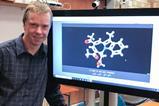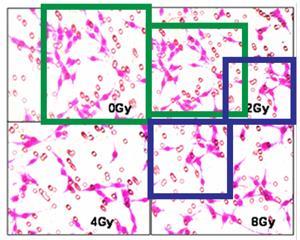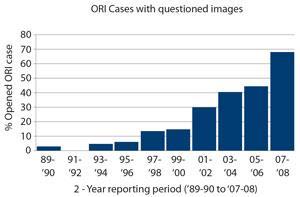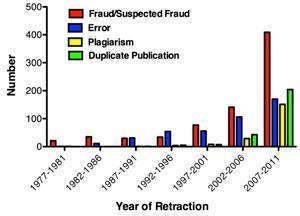Two prominent researchers that have frequently written about science’s reproducibility problem have suggested seven key reforms that they say will improve the reliability of scientific publications.
Writing in the Journal of Clinical Investigation, Arturo Casadevall of Johns Hopkins School of Medicine in the US and Ferric Fang of the University of Washington say the reliability of the scientific literature is ‘of the utmost importance to society’. ‘However, in recent years, rising numbers of retracted articles, reproducibility problems and inappropriately duplicated images have increased concern that the scientific literature is unreliable,’ the pair write.
Their suggestions to address these issues include better statistical training for postgraduates in statistics, experimental design and ethics; greater involvement of peers in checking manuscripts and figures before they are submitted for publication; the use of better tools including software and statistics specialists by publishers to identify cases of misconduct; development of post-publication review systems; and more transparent evaluation of journals’ processes.
‘Science is a human endeavour and, as such, will never be perfect,’ say Casadevall and Fang. ‘Reengineering the system to incorporate multiple fail-safe features from data acquisition to post publication review will better prevent, detect and correct failures and result in a more reliable scientific literature.’
References
A Casadevall and F C Fang, J. Clin. Inves., 2018, DOI: 10.1172/JCI123884

















No comments yet